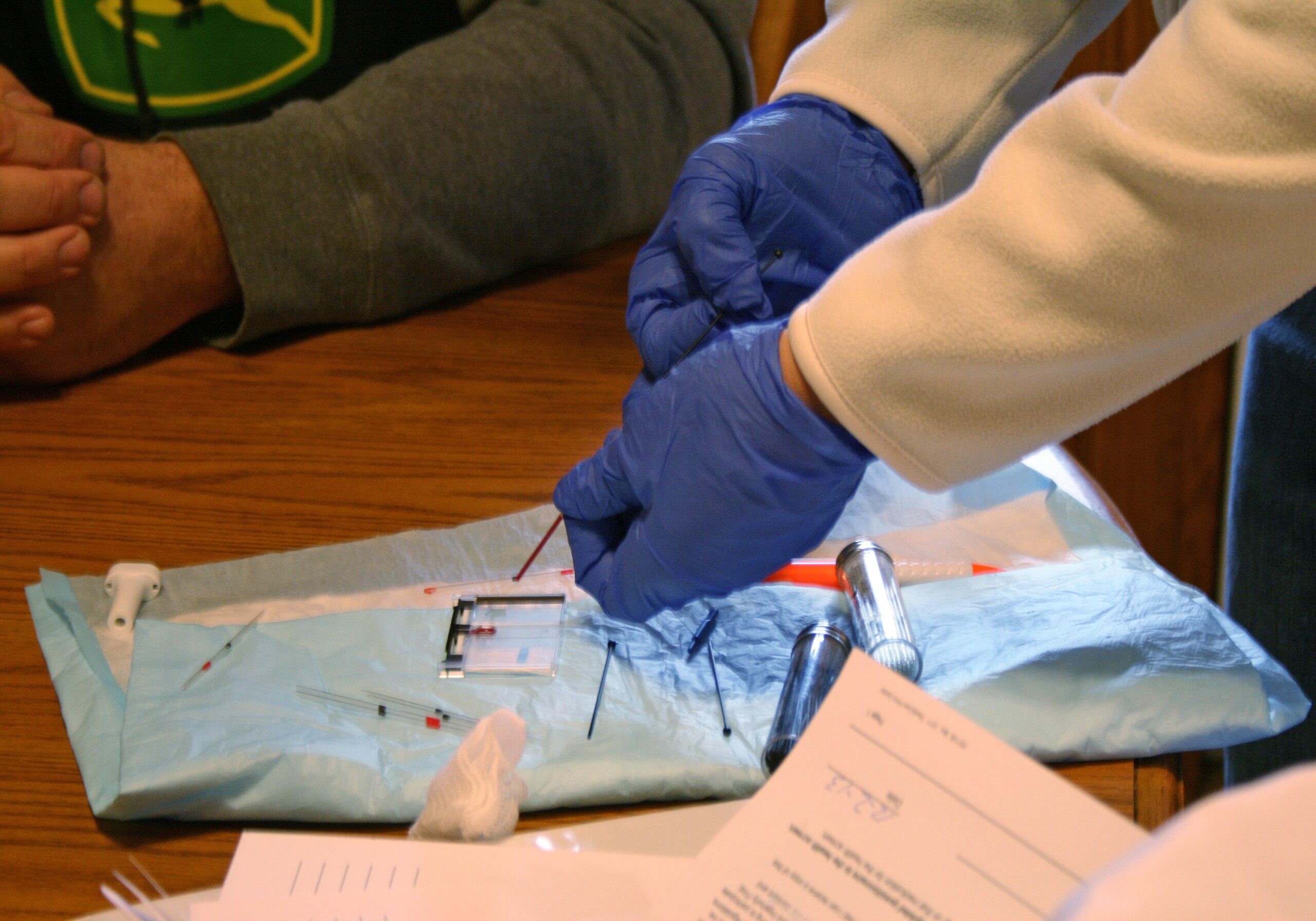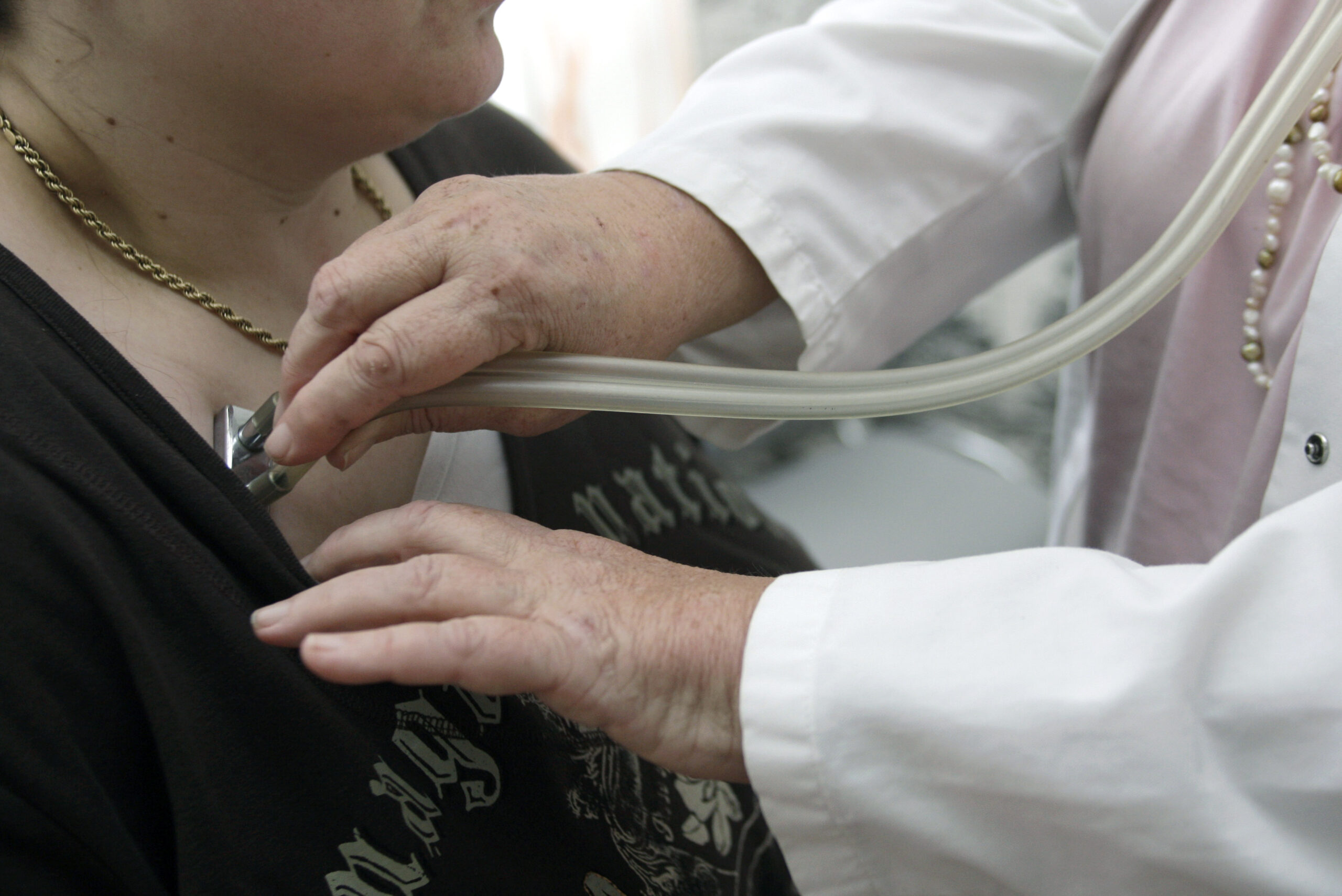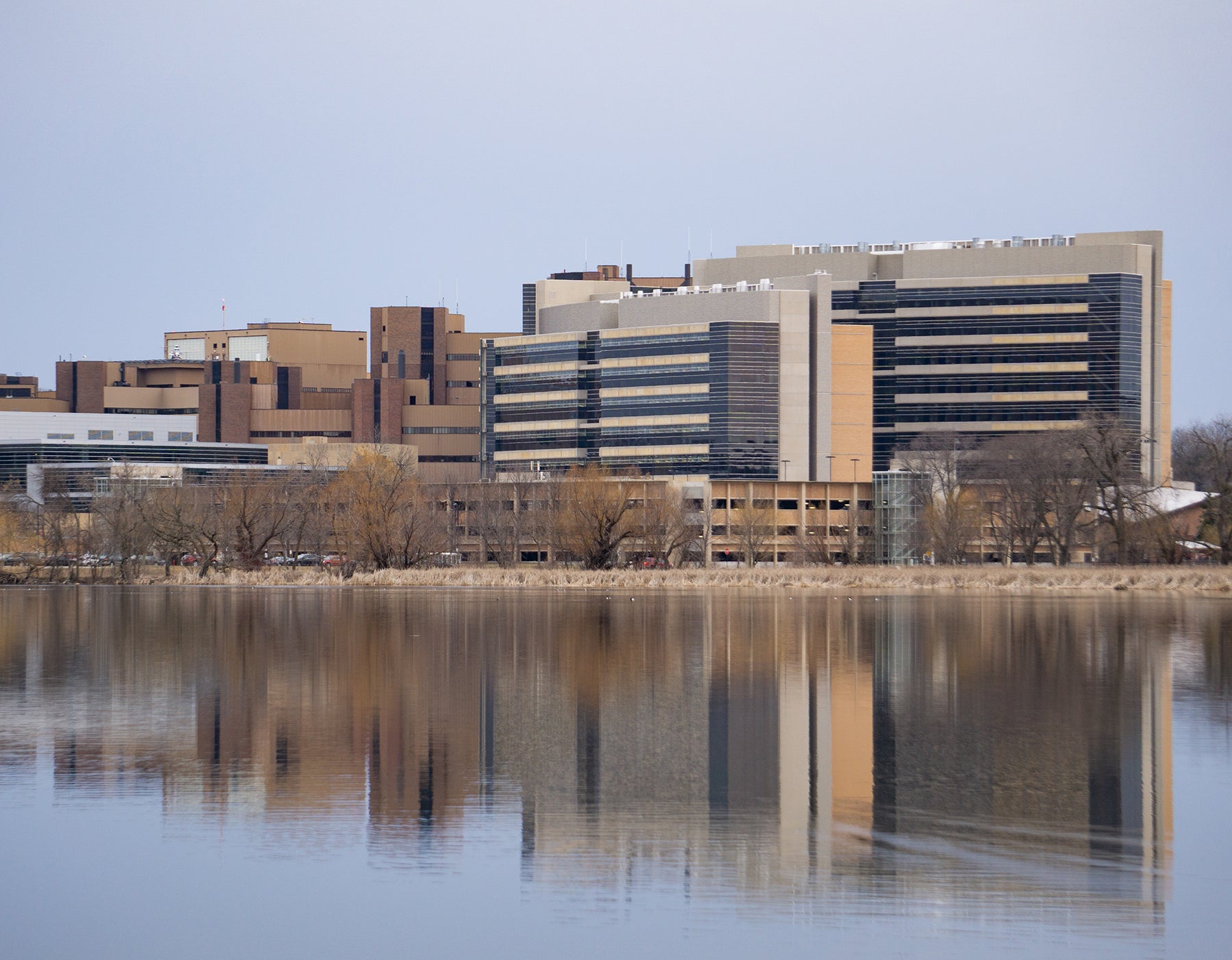Wisconsin will continue to be part of an agreement that allows nurses to work in other states without getting a separate license for each state. Health providers say it will help them adjust to changes in medicine, like virtual visits where patients interact with a doctor or nurse online.
Gov. Scott Walker signed a bill Monday entering Wisconsin into the updated agreement, formally called the Enhanced Nurse Licensure Compact. The 27-state compact, which has been in effect since 2000, makes it easier for nurses to get licensed in other states.
“This commonsense bill will change the futures of a significant portion of the Wisconsin population who lack adequate health care services due to their location,” Walker said “The opportunity to practice lifesaving medicine over state lines without the regulatory hassle of acquiring new licenses will better enable nurses to serve their patients and communities.”
News with a little more humanity
WPR’s “Wisconsin Today” newsletter keeps you connected to the state you love without feeling overwhelmed. No paywall. No agenda. No corporate filter.
The compact creates 13 uniform licensure requirements. Each participating state administers the licensing and can add additional requirements, said Ann Zenk, vice president of workforce and clinical practice for the Wisconsin Hospital Association.
“The compact continues to rely on the state where the nurse is practicing for regulation. So if I’m taking care of a patient in Wisconsin, I have to comply with the rules in the state of Wisconsin. Just like your drivers license; where ever you drive you have to know the rules of that state,” said Zenk.
One in five nurses who work at the Platteville hospital, where Walker signed the compact bill, lives in Iowa, Zenk said.
“So those nurses, and the organization that employs them really needed Wisconsin to be part of a nurse licensure compact,” she said.
The compact allows nurses to reach patients who may be in rural areas without access to expansive health care services.
“We need to make sure that we’re leveraging technology to support the workforce because we know that our population in Wisconsin is aging which creates greater demand for health care,” Zenk said. “We need to keep pace with that.”
There are currently 112,000 nurses with a multistate license in Wisconsin. According to a Wisconsin Hospital Association survey, more than 500 nurses in southwest Wisconsin work in another state, or live in another state but are employed in Wisconsin.
Wisconsin Public Radio, © Copyright 2026, Board of Regents of the University of Wisconsin System and Wisconsin Educational Communications Board.





